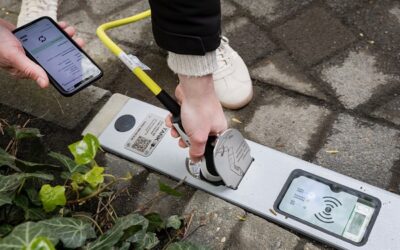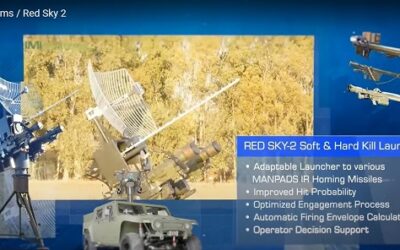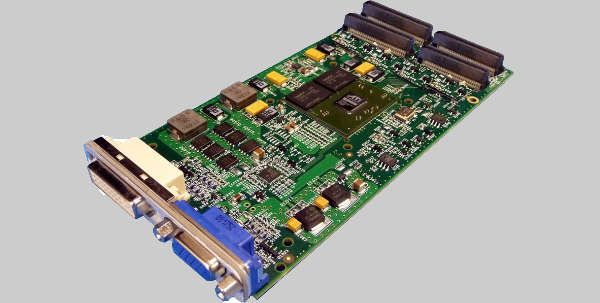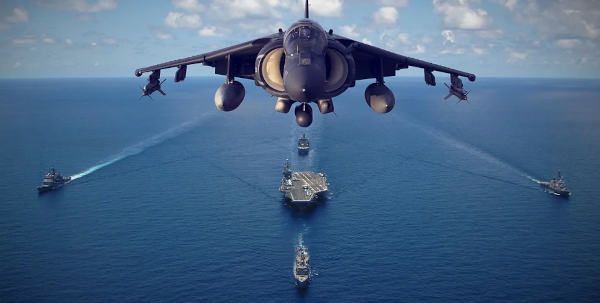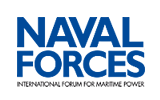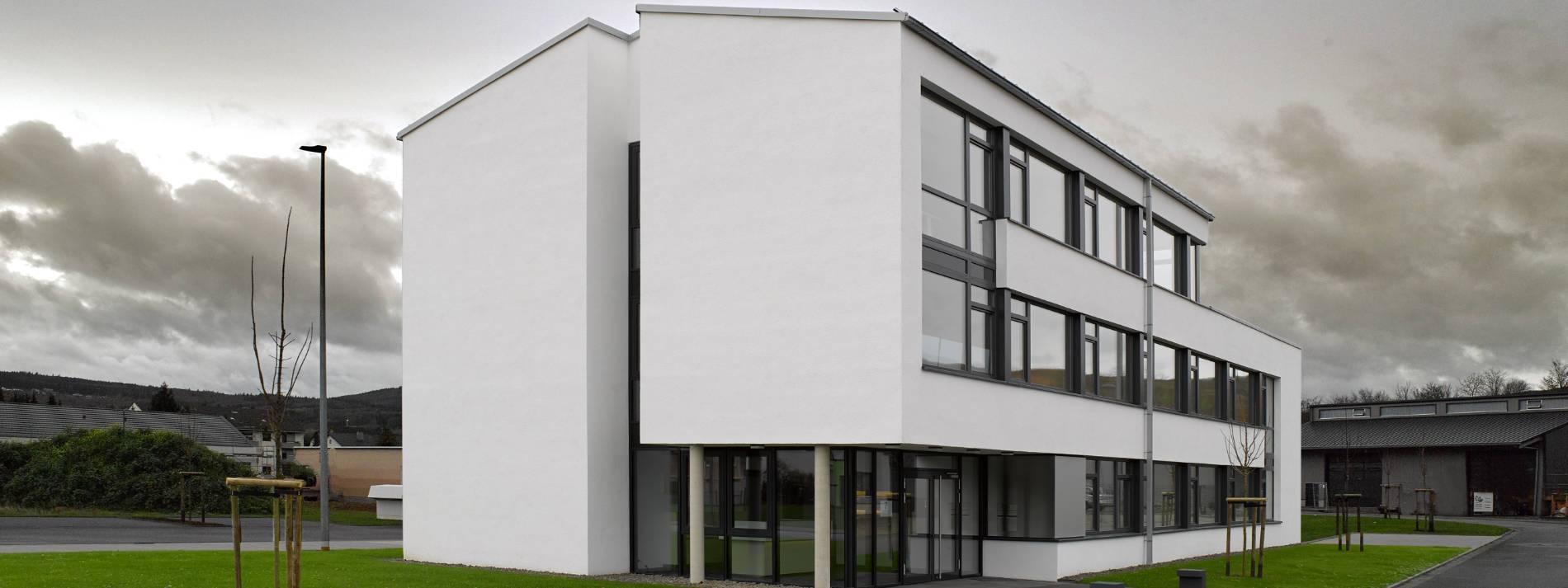BAE Systems & Iveco awarded US Marine Corps next-gen Amphibious Combat Vehicle contract
After having accepted itsfirst prototypes last year, the US Marine Corps (USMC) awarded the BAE Systems team a US$198 million contract to deliver the first 30 of the Corps’ next-generation Amphibious Combat Vehicles (ACV). This contract is for the manufacture of the next generation of fully amphibious, ship-launchable troop carriers, where CNH Industrial subsidiary Iveco Defence Vehicles will provide its 8×8 amphibious armored platform design, core components and services. It includes an option of up to $1.2 billion for a total of 204 vehicles.
The primary mission of the USMC is to act as the infantry arm of the US Navy (USN), so an amphibious capability is essential to carrying out its mission. The ACV 1.1 programme’s objective is to provide the Marines with a high-speed armoured vehicle that’s self-deploying and can operate in the open ocean, yet can also fight on land alongside an M1A1 ABRAMS front-line main battle tank.
The ACV is an advanced 8×8 open ocean-capable vehicle that is equipped with a new six-cylinder, 700hp (522 kW) engine, which provides a significant power increase over the current Assault Amphibious Vehicle (AAV), according to Iveco. The vehicle delivers, “best-in-class mobility in all terrain and has a suspended interior seat structure for 13 embarked Marines, blast-mitigating positions for a crew of three, and improved survivability and force protection over currently fielded systems,” the company states. The team has conducted extensive risk mitigation testing and evaluation for water operations, land mobility and survivability that have proven the solution’s capabilities.
BAE Systems says that before it delivered its first 16 prototypes for 15 months of Developmental Testing and Operational Assessment testing, it had already carried out its own in-house risk mitigation testing and evaluation for land mobility, survivability, and swim capabilities.
Construction of the ACVs will be performed at BAE Systems’ plants in Aiken, South Carolina; Sterling Heights, Michigan; Minneapolis, Minnesota; Stafford, Texas; San Jose, California; and York, Pennsylvania, USA.
“We are well positioned and ready to build the future of amphibious fighting vehicles for the Marine Corps, having already produced 16 prototypes,” Dean Medland, Vice President and General Manager of Combat Vehicles Amphibious and International at BAE Systems, said. “Through this award, we are proud to continue our partnership with the Marine Corps by providing a best-in-class vehicle to support its mission through mobility, survivability and lethality.”
“This award represents a milestone in the transformation of Iveco Defence Vehicles into a global player,” Vincenzo Giannelli, President and CEO of Iveco Defence Vehicles, concluded. “Through our partnership with BAE Systems on this program, our know-how and technical excellence have been recognised and are placed at the service of the USMC. We now have the privilege of contributing to building the future of its amphibious combat vehicles.”
Iveco Defence Vehicles and BAE Systems teamed together in the very early phases of this programme to offer a superior solution to the USMC for their ACV requirement. As a result of this successful teaming relationship, the first 16 prototypes were delivered to the Corps in 2017. Over the past 15 months, the companies supported the USMC’s Developmental Testing and Operational Assessment of these vehicles whose performance achieved superlative results for water operations, land operations, carry/payload, and protection.
In terms of communication infrastructure, MONCh believes that the USMC fleet, presumably including the new vehicle, will retain the Harris AN/PRC-117F/G multiband MANPACK in vehicular configuration (AN/VRC-103). By the time it enters service, this transceiver could be replaced by something entirely new or the Corps will be upgrading it incrementally.
Stay tuned for Dr. Thomas Withington’s article on US Army/USMC communication architecture (waveforms and transceivers) soon on MONCh.
The ACV project is the USMC’s latest attempt to replace its fleet of 870 AAVs, fielded in 1972, spending $3 billion to develop the more complex Expeditionary Fighting Vehicle (EFV) before cancelling the programme in 2011. In 2014, the Marines attempted resurecting the EFV with a scaled-down, more incremental approach to developing an amphibious vehicle. A year later, it purchased ACV prototypes from BAE Systems and SAIC. BAE Systems offered the Iveco SuperAV vehicle, while SAIC and teammate ST Engineering Land Systems offered the TERREX vehicle. Both vehicle were evaluated during combat-like drills at Twentynine Palms and Camp Pendleton in California, USA.
SAIC pointed out it was disappointed its vehicle was not selected. According to news reports the company will continue to focus on production of the Assault Amphibious Vehicle Survivability Upgrade for the USMC and ongoing efforts in combat and tactical vehicle modernisation.
Development costs are now an estimated $60 million below original projections of $810.5 million, a Government Accountability Office report found. The first ACVs will be delivered to 3rd Assault Amphibian Battalion at Camp Pendleton, CA/USA.



